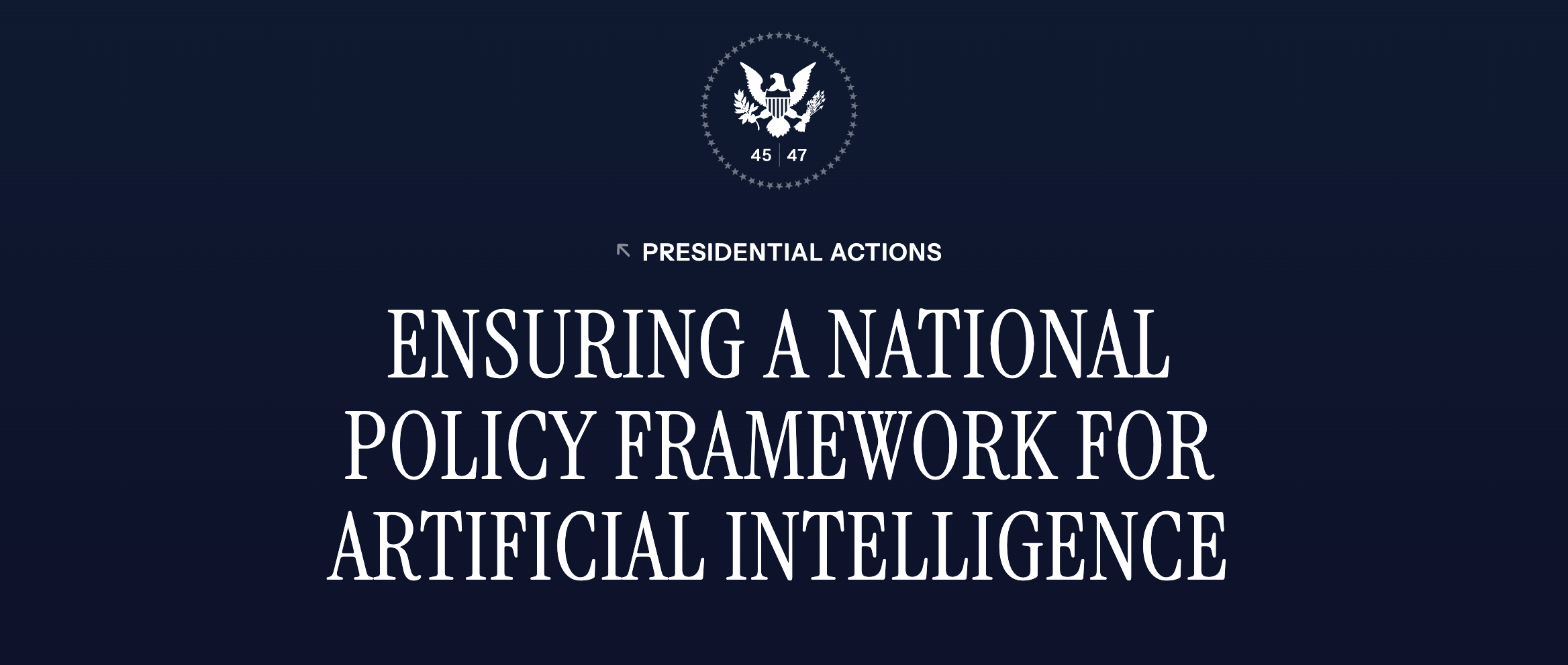Open Letter on Climate Change:
Dear Executive Vice-President Timmermans,
On behalf of the Consumer Choice Center, the consumer advocacy group representing and empowering consumers in the EU and globally, I would like to congratulate you on your appointment. We wholeheartedly share your determination to find the most sustainable and consumer-friendly solution to the climate change dilemma and hope our perspective on the matter would be valuable.
While we welcome your ambition to reduce carbon emissions in Europe by 2050, we also believe that every policy should also be considered through the lens of consumer choice and affordability. The world, as we know it now, wouldn’t be possible if innovation was prevented from running its course and making our lives longer, safer and more prosperous.
All too often the unlimited potential of innovation to help solve the issue of climate change is dismissed to the detriment of European consumers. Being able to freely choose between a train ride and a flight, or between gene-modified and organic foods is crucial. Well-intended policies tend to fall prey to popular rhetoric turning a blind eye to alternative solutions. The entrepreneurial spirit is an essential part of our European culture, and it’s about time we channeled it into the global fight against climate change.
We should stay united, sensible and considerate in our efforts to tackle climate change. Whereas taxes and bans might seem like good solutions, their direct and tangible impact on consumers and their ability to choose cannot be ignored.
We believe that the key issues the European policymakers should take into account centre around food supply, mobility and energy.
Embracing innovation in agriculture, mobility and energy sectors is a great way to combat climate change.
Agriculture
With the world’s population expected to reach almost ten billion by 2050, and innately limited natural resources facing new environmental challenges, the situation can hardly be regarded as positive. If we look beyond popular solutions, we will find that there are many more ways to approach the issue. Innovation in agriculture is one of them.
Organic farming is appealing because it’s “natural” and is, therefore, associated with higher food safety, but it can potentially do more harm than good if we choose to stick to it. In 2017, researchers at the Research Institute of Organic Agriculture in Switzerland estimated that if the world chose to fully convert to organic agriculture, we would need between 16 and 81% more land to feed the planet. The overreliance on limited natural resources, as in the case of organic farming, is significantly more dangerous than taxes.
The European Union has traditionally objected to most innovations in food science and prevented European consumers from accessing biologically-enhanced food. This can be seen in the very limited number of genetically modified crops authorised for cultivation in the EU, and a very cumbersome and expensive process of importing genetically modified food and a recent European Court of Justice ruling against gene editing.
However, there is no substantial scientific evidence of the health and environmental risks ascribed to GM products. With the help of gene engineering, we would be able to decrease our dependence on natural resources and minimise the use of fertilisers and pesticides. Creating drought and heat-tolerant crops would ensure we don’t need to deforest wild areas to free up more land for agricultural purposes.
In order to unleash the potential of gene modification and help it mitigate the environmental challenges we have to face, it is also essential that the EU creates fair and equitable conditions for GMO-free and GM foods.
Under the existing EU legislation, all food which contains greater than 0.9% of approved GMOs must be labeled as such. No such rule exists with regards to foods that are 100% GMO-free, proving that there is explicit discrimination in place giving GMO-free food an unfair advantage on the market.
Gene modification should excite us as it would allow us to address the issue of climate change in a smart way.
Our recommendations:
- Reassess the existing EU regulations on the grounds of potential gains and benefits for the consumer rather than simply based on popularised threats not based in fact.
- Ensure fair and equitable market conditions for GM and GM-free foods.
Mobility
Recently, nine EU finance ministers called for a European aviation tax as a means to cut emissions from flying. Similar schemes, such as a 7-euro EU-wide flight tax, have been suggested in the past, but haven’t had any political success mainly due to the opposition from countries such as Malta, Cyprus and Latvia, Poland, Hungary, Ireland, and Croatia due to the fact that they are hugely dependent on tourism.
Every tax imposed on airlines ends up hurting consumers without solving the climate change dilemma, especially in the long run.
The liberalisation of air travel within Europe and the emergence of low cost carriers and massive competition within the airline industry have allowed millions of European to use planes for either leisure or economic activities.
Economic migrants and commuters from Eastern Europe can visit their families more often and more cities are connected to the rest of the continent. Assuming that European taxes would move more of these travel patterns to rail neglects the realities of European rail networks and actual distances to travel. Passengers flying from Bucharest to Brussels will hardly be able to use buses or trains for this journey.
Saving the environment is as important to airlines as it to each and every one of us. The aviation industry has been making consistent efforts to use less fuel. Giving innovative technologies such as new materials and fuel saving engines a chance doesn’t usually come to mind as a possible solution, while its potential to help us cut the emissions would actually have a significant impact. For example, Airbus’ new A321XLR. has 30% less kerosene consumption per passenger, while adding 30% more range than the currently used A321neo.
Our recommendation:
- Do not impose additional taxes on airlines at the expense of European consumers and let innovation take its course.
- Do not discriminate against existing and well-established technologies such as the internal combustion engine. Technology neutrality has to be maintained in both, type of engine and mode of transportation.
Energy
There is a wide agreement between policymakers, activists and the public that reducing carbon emissions is key to fighting climate change. Taxing polluters tops the list of the most popular solutions. We, as a consumer group, are concerned that as long as there is no viable and affordable alternative, additional taxation of carbon would only hurt consumers. All carbon taxes are usually passed on to the consumer and thus should be avoided.
As the debate on how to decarbonise Europe carries on, it is about time the discourse stopped turning its back on the astounding advantages of nuclear energy. Aside from being fully carbon-free, nuclear is also one of the safest energy sources. It also keeps the air clean contributing to the overall wellbeing. Between 1995 and 2016, the US could have emitted 14,000 million metric tons of carbon dioxide more without nuclear.
Popular scepticism surrounding nuclear isn’t backed up scientifically. Multiple studies concluded that the risks of accidents in nuclear plants are low and have been declining.
Embracing nuclear power will help us address climate change in a sustainable and consumer-friendly fashion. France and Sweden, who now emit less than a tenth of the world average of carbon dioxide per kilowatt-hour, are prime examples of decarbonisation through nuclear. They achieved this by recognising and embracing nuclear power. Opting for nuclear has made France and Sweden “greener” and led to a decrease in the price of electricity. On the other hand, Germany and Denmark, with their over reliance on renewable energy, have the highest energy prices in Europe.
European policymakers ought to provide a framework in which innovation and new technologies can make consumers’ lives easier and more affordable. In order to achieve this, the Commission should embrace technology neutrality instead of trying to predict what technologies would prevail in the future and favouring some above the rest. Effective energy market policies do not pretend to have all the answers: they create fair and equitable market conditions that let consumers and innovators coordinate in the marketplace and achieve their desired goals.
For the sake of consumer choice and future innovation, European policymakers need to strictly adhere to technology neutrality and not pick winners of contests that are still ahead of us.
Our recommendations:
- Recognise and embrace the possibilities to reduce carbon emissions by nuclear power.
- Stay technology neutral and create a fair and equitable environment in which innovators can continue to innovate and compete on the same terms; do not pick winners and losers ahead of time.
- Do not burden consumers with new taxes on energy.
Throughout history, innovation has always been the key driver of human progress and ever expanding prosperity. Innovation can become the best solution to the climate change issue too.
We are hopeful that European policymakers will choose to embrace the entrepreneurial spirit instead of taking the path of bans and other restrictions. The beauty of consumer-driven innovation is that it comes naturally through the marketplace. Consumers value their ability to choose and creating market conditions under which they are able to switch to more environment-friendly options is crucial.
Fighting climate change might seem like an uphill battle and preserving consumer choice and affordability on this journey is extremely challenging. The EU can become a global pioneer of innovation in agriculture, mobility and energy sectors if we stay united, sensible and considerate in the face of climate change.
We would be delighted to elaborate further on the suggested policy recommendations.

Sincerely,
Fred Roeder
Managing Director
Consumer Choice Center




